#i'm chewing on it
Explore tagged Tumblr posts
Text
No thoughts just de-aged Bill meeting Ford and reminding him so much of his younger self that it gives him a whole ass existential crisis while Bill is just sitting there
#just... the possibilities#I'm chewing on it#billford#bill cipher#the book of bill#stanford pines#gravity falls
35 notes
·
View notes
Text
Fuck. I cannot emphasize to you the beauty of having love written in words, on paper, via text, whatever the method... Something special about being able to look at something physical that tells you just how much someone loves you. Being able to look at it whenever and think to yourself: "They put so much effort into this..." Because they did, even if it only took 5 minutes to scribble down, even if it's not a literature masterpiece that's not what matters. What matters is that they went out of their way to pin down the words best they could and write them down so you could see them. It's no replacement for verbal, they are different things, but they are beautiful differences. Beautiful and lovely unique methods of communication and acceptance and love.
#This is why writing love letters was/is a thing#let's talk about it#love#love letters#writing#communication#in all forms#please it's so important#you can do it in whatever way is easiest for you#but it matters so much that you do#I promise#no matter how long you've been dating#or been friends#or just- however long you've known each other#I am.#Very gay#I love my angel#my sound-box with the random-est combination of things loaded onto it#my blinding void <3#queers#did I mention#I'm gay#?#soft love#gentle love#I'm chewing on it#nsft#queer nsft#t4t nsft
2 notes
·
View notes
Text
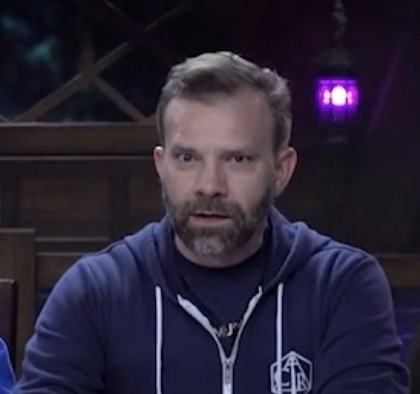





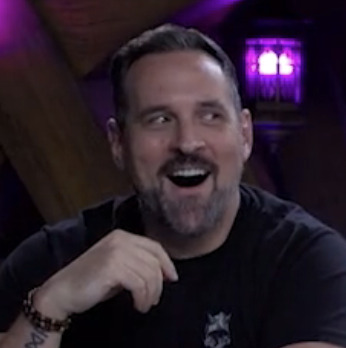



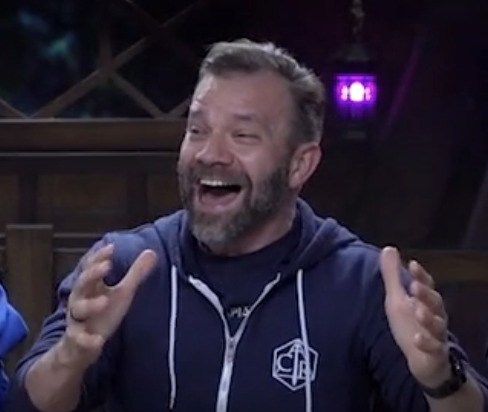
tfw your friend secretly crosses a fucking ocean to play a deity / GM for the first time in his life and you had no idea he was even in the country, much less your studio
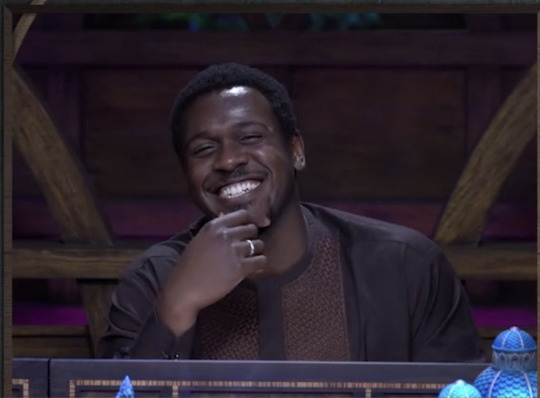
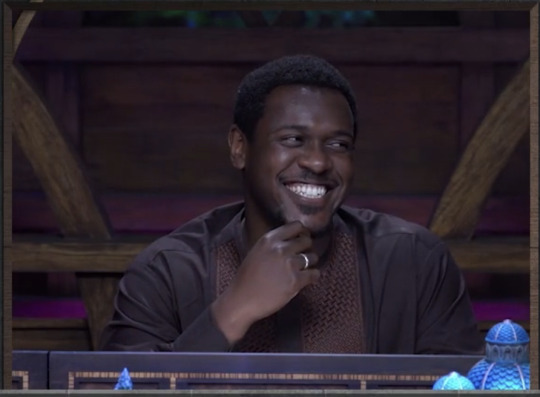
Abubakar Salim, the man that you are!!!
#cr spoilers#critical role#abubakar salim#bells hells#the arch heart#I'M SOOOOOO#I CANNOT BELIEVE#WHAT A LEGEND#I FEEL BLESSED#legit the whole time i just kept going 'this is such a masterclass in acting/improv' and that was before i knew it was his first time dming#i'm gonna chew cement
3K notes
·
View notes
Text
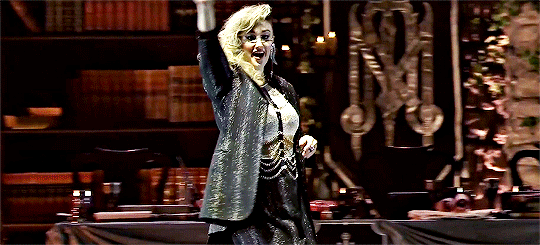
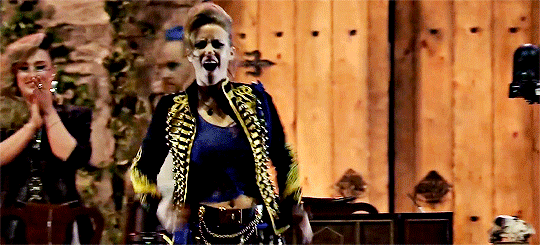
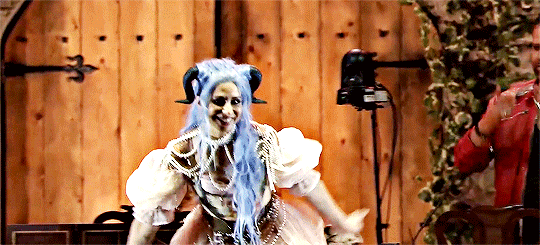
The Mighty Nein Reunion: Echoes of the Solstice
#critical role#ygifs#cr lb#echoes of the solstice live show#ashley#marisha#laura#ETHEREAL WOMEN. DEAD TO HAVE SEEN THEM LIVE#me sitting there already mentally giffing all the moments I need to chew like IT'S SO GOOD Y'GUYS I'M STILL#they're so fucking beautiful so fucking hot I'm just
4K notes
·
View notes
Text
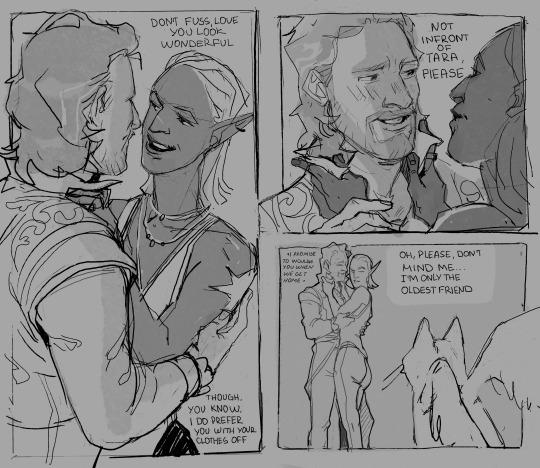

Mmmm yes, two of my favorite flavours in Gale's epilogue I'm not sobbing you are
#baldurs gate 3#bg 3#bg3 art#bg3 gale#Tara#bg3 tav#gale x tav#gale dekarios#gale of waterdeep#art#fanart#my art#tara the tressym#gale bg3#i'm chewing on glass#bg3 epilogue spoilers
3K notes
·
View notes
Text
The thing about the prologue to Downfall is that it also makes The Divergence a tragedy (or underscores the tragedy of it, depending on your view)
These beings came to the universe with Exandria broken, lost, and scared. They lost their home, they lost some of their family, and were somewhere totally alien to them, in bodies that were alien, too. Clinging to their siblings that survived.
And then, millennia later, they will seal themselves away from it, and largely away from each other, too, because they were fighting too much for this new place, this new home, to survive. They were going to end up destroying it.
If you think about it, much of the history of Exandria (its theological one, anyway, which is tied up with most of its history in general) is the story of a family dissolving, growing estranged and breaking apart. It's just that the family is a group of gods.
#critical role#cr meta#cr spoilers#cr downfall#downfall spoilers#i'm very normal about this all [she says. chewing wires]
1K notes
·
View notes
Text

I've admired Lorroakan for years-
#I'm chewing on him like a dog toy until the stuffing pops out#baldur's gate 3#rolan#bg3 rolan#baldur's gate 3 spoilers
5K notes
·
View notes
Text



More gear
#my art#art#guilty gear#guilty gear fanart#ggst#ramlethal valentine#baiken#testament#I cannot figure out how to get a good quality upload of these#I'm assuming the texture is getting chewed up#o well
2K notes
·
View notes
Text

Mobei-Jun getting abandoned in the human realm by his favourite uncle and being left alone and terrified?? baby???? gonna lie awake thinking about him and Shang Qinghua meeting as children
#svsss#shang qinghua#mobei jun#moshang#sqh#mbj#that is a DELIGHTFUL twist on their canon dynamic#where sqh is justifiably scared of mbj because he's a powerful demon who could squish him like a bug#instead here we have lil mbj who's terrified of all these humans and is alone and helpless and in danger#like he was left there to die! and his father just happened to notice he was missing after ten days!#like fortunately he wasn't hurt just dirty and scared but no wonder this guy has trust issues!#any fic recs about young mbj in the human realm - or de-age fics with him being scared around humans - i would deeply appreciate#because i want to chew on this entire concept a bit#(i'm never gonna finish this book i swear every three pages i have to stop and digest a random bit of trivia mxtx throws out and then!#doesn't! fucking! expand on!!! you can't just drop this on me and expect me to be okay with it i need to lie here and think about this!)#my art
657 notes
·
View notes
Text
andrew always being at kevin's side because kevin needs it and andrew driving kevin to night practice and andrew patting kevin down to check for injuries and andrew promising kevin it'll be fine and andrew looking awake, interested because of kevin and andrew conserving his energy for kevin's quiet meltdown and andrew smiling for the first time without the drugs because of kevin and andrew always picking up when kevin calls
#my posts#my aftg posts#aftg#all for the game#tfc#the foxhole court#the sunshine court#kandrew#kevin day#andrew minyard#tearing my hair out climbing the walls chewing drywall#i've always loved kandrew in some way but a few weeks ago it's like a switch flipped#and suddenly i'm absolutely feral over them just constantly thinking about them /and/ writing fic#do y'all know that in some way andrew is the reason kevin started learning how to play right-handed#because they had a fight and andrew said he won't step foot on the court until kevin does as well#augh it's so interesting like how do you even come up with a dynamic like this
888 notes
·
View notes
Text

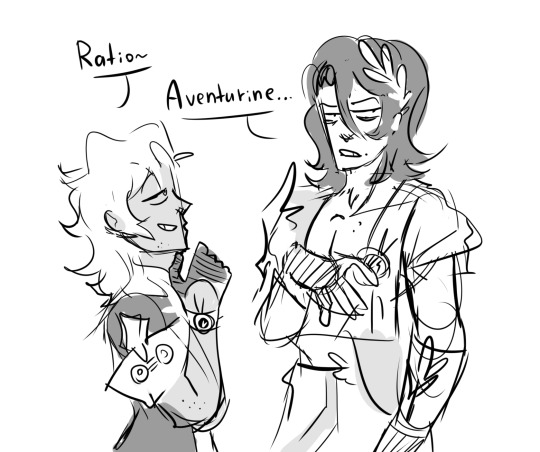

I am about to explode.
#honkai star rail#hsr#dr ratio#aventurine#ratiorine#/Realized that you could shorten Aventurine's real name to Vasha and it grew on me.#/chewing the furniture well anyways.#/Also if anyone questioning why tf Ratio is without a shirt that's because I don't like his shirt.#/I'm still suffering with the refs for the designs I use for them.#/May god have mercy on me.
731 notes
·
View notes
Text
We as a society do not talk about Wasteland, Baby! on electric guitar enough!!!
#that NOTE CHANGE on “unbreaking”?? and the RUN on “crazy”?!!?#I'm gonna chew my own arm off#ANDREW WHEN I CATCH YOU ANDREW#also the added “honey”? i hate him [in tears while screaming into a pillow]#!!!!#tonee be normal about title track Wasteland Baby! challenge: IMPOSSIBLE.#hozier#andrew hozier byrne#also please this man was such a mess. the guitar strap slung on his shoulder but not attached to the guitar 😭#wasteland baby!#tumblr user lifemod17 is yelling about Wasteland Baby! AGAIN
848 notes
·
View notes
Text
This is a fair point and we do need to account for the fact that Jeeves is a known bullshitter. I have some thoughts about this.
From a Doylist perspective, it’s possible that the no-married-gentlemen policy is simply a retcon. Plum hadn’t quite nailed down the characters in those earlier stories. Over the course of the series, Bertie and Jeeves both become increasingly hostile toward the idea of Bertie marrying. The attitude we see here of "don't love the idea of it, would rather not- oh, and she wants us to end our working relationship? fuck that" gradually morphs into Bertie and Jeeves sharing an unspoken understanding that any hint of an engagement to anyone on the horizon constitutes an emergency that requires immediate intervention.
From a Watsonian perspective, I can see a couple possible explanations.
1: Straightforwardly, Jeeves has no such policy and was lying to give himself a pretext for leaving Chuffy without admitting that he really just missed Bertie (“I’m not leaving Chuffy FOR YOU, I was going to leave anyway, and if you HAPPEN to have an open position...)
2: Jeeves had no such official policy before coming to Bertie, but really HAD only worked for unmarried gentlemen, whether this was down to coincidence, personal preference, wives not liking him, etc. He didn't decide to make it a hard rule until the end of Thank You, Jeeves, which was the first time in the text that he and Bertie basically married each other (the second time is, of course, Much Obliged, Jeeves/Jeeves and the Tie That Binds). The codification of the no-married-gentlemen rule is both Jeeves realizing that he wants his life with Bertie to remain as it is indefinitely, and him laying out the terms he wants to set on their relationship. Bertie's agreement to take Jeeves back represents a tacit acceptance of these terms.
3: Jeeves does have a policy of only working for unmarried gentlemen which he is prepared to enforce through either resignation or sabotage, and was lying to Bertie about his motivation for breaking the engagement to Honoria. We know that Jeeves has exacting standards when it comes to employers. He left Lord Worplesdon over a sartorial disagreement. He's been turning down offers from Bertie's friends promising higher pay since as early as "Hard-Boiled Egg." He left Bertie himself over a banjolele. If he has a problem, he will leave. If he doesn't want to leave, he'll manipulate the situation to get what he wants.
4: Some combination of the above (I don't think they're necessarily mutually exclusive).
So is Jeeves's concern remaining in Bertie's employment, or is it having Bertie to himself? To gain further insight on this matter, we can actually turn to Jeeves himself. Later on there's a story called "Bertie Changes His Mind", the only Jeeves story written from Jeeves's POV. For those who haven't read it (I don't know if it was adapted into an episode), in this story Bertie announces that he's lonely and tired of monotony. Jeeves reacts thusly:
I confess that his words filled me with a certain apprehension. I had heard gentlemen in whose employment I have been speak in very much the same way before, and it had almost invariably meant that they were contemplating matrimony. It disturbed me, therefore, I am free to admit, when Mr Wooster addressed me in this fashion. I had no desire to sever a connexion so pleasant in every respect as his and mine had been, and my experience is that when the wife comes in at the front door the valet of bachelor days goes out at the back.
Bertie then says that he wishes he had a daughter, and decides on the spur of the moment that he wants to buy a big house and invite his sister and her three daughters to come to live with him and Jeeves. You can guess how Jeeves feels about this:
I concealed my perturbation, but the effort to preserve my sang-froid tested my powers to the utmost. The course of action outlined by Mr Wooster meant the finish of our cosy bachelor establishment if it came into being as a practical proposition, and no doubt some men in my place would at this juncture have voiced their disapproval. I avoided this blunder.
We can gather from this that in the past, the marriage of an employer has resulted in the termination of Jeeves's employment reliably enough that now the mere idea of an employer marrying fills him with trepidation. I thought this was pretty straightforward when I first read it, But I find What's interesting to me is how his phrasing subtly shifts from the first quote to the second, becoming both more certain of the end of his employment and more ambiguous as to the reason why.
In the first quote, Jeeves isn't saying he's certain that Bertie marrying would "sever [his] connexion" (i.e. end his employment) with him, only that his experience has taught him that this is a thing that tends to happen. The implication seems to be that the valet is dismissed after the employer is marrying, whether at the behest of the wife or because the employer feels his services will no longer be needed, but that actually isn't stated either. The valet could just as easily be going out the back door of his own volition. Maybe he can't get along with the wife, or doesn't like working in a larger household with other servants. However, the concern here in any case is about maintaining his employment status.
In the second quote, the hypothetical future wife is out of the picture, taking her hypothetical demands for Jeeves's dismissal with her, but Jeeves remains concerned. If anything, he's more concerned. He's no longer uncertain that something bad will happen, but rather makes a firm statement that the plan WILL spell the end of his "cozy bachelor establishment." It's ambiguous whether this means he would resign, or whether the household would simply change in a way that isn't to his liking-- technically if Bertie remained unmarried and lived with his sister, he would still be a bachelor. Either way, we can infer an obvious preference here for working for a single gentleman who otherwise lives alone. Observe that his fear has now shifted from losing his position to losing his current way of life.
I think with all these ambiguities, you could reasonably interpret this story as supporting any of the three explanations listed earlier, or at least not contradicting them. We get no explicit confirmation that Jeeves will automatically resign a post when his employer marries, and he seems specifically concerned that the wife will be what brings about the end of his employment (he's lying about having a policy). It sounds like any previous attempts to work in a married household haven't worked out for him, and he's specifically worried about losing his position with Bertie, which he finds pleasant (the policy isn't an official one at first, but becomes so when it applies to Bertie). His immediate reaction to his employer wanting to bring other people into their lives is to start the gears turning on a sabotage plan in a way that feels very practiced (he wants to work for unmarried employers and will make sure this is so one way or another).
We also know that one of his very first acts as Bertie's valet was breaking off his engagement to Florence, and as far as we know, she never threatened his employment with Bertie. In the case of Florence and the case of Honoria, he gives Bertie the same explanation: "she wasn't suitable to you." In the latter case there was the additional impetus of the threat to his employment, but we don't know that he wouldn't have broken the engagement regardless. To Bertie, "self-interest in own employment + feudal desire to serve y.m.'s best interest" is probably a more understandable and acceptable explanation than "you can't get married, ever."
This is where I decided to do a detailed close reading of the entire conversation at the end of "Sir Roderick Comes to Lunch," and when I had finished THAT I decided I needed to do the same thing with the conversation at the end of "Jeeves Takes Charge" in order to compare and contrast, and then I realized that this post was spinning wildly out of control, so I copied all that stuff into a Word doc for another day, so, uh, to be continued I guess
I haven't read "Thank You, Jeeves" yet, so I should probably shut up, but "Sir Roderick Comes To Lunch" calls into question whether Jeeves truly has, or has ever had, a rule about not working for married gentlemen, like he says in "Thank You". It seems that in RODE, he acted when he learned that Honoria intended to fire him after she gets married to Bertie. But if he had a rule about not working for married men, it wouldn't matter what Honoria thought of him, because he'd be out of the household anyway. It's almost like the actual rule Jeeves has is "I will do whatever it takes to keep Bertie for myself, and happy" (which means getting Bertie out of an engagement with a woman who makes him listen to her reading Ruskin and dislikes Jeeves, and also getting reunited with Bertie after Jeeves' brief stint with Chuffy).
#i feel like i should go back and edit this one more time but i just need it to be done lest i'm here forever lmao#it'll never stop being SO funny to me that the woman bertie was supposed to marry and the aunt who's always pressuring him to marry#spontaneously had a conversation where they both agreed they hate jeeves for unspecified reasons#like hmm i don't know what it is. just something about him#this post was supposed to be tags but it got too long#and then it got SO long#i think i have to put like ten dollars in the “wrote way more than i intended” swear jar#i'm not even sure how cohesive this is i think my views slightly evolved as i was writing it#you know how it is sometimes you start out making one point and along the way you're like oh actually you know what#can't wait to find out what conclusion I eventually land on when I finish the jeeves takes charge analysis#i mean i think i know where it's going but who knows#btw i have a partially written response to your response to my ideas about genderbending in my drafts#i'm chewing on it#also i got sidetracked with this whole thing lolol#so expect that shortly#//#jeeves and wooster#sir roderick comes to lunch#letters regarding jeeves#jeeves books#the inimitable jeeves
42 notes
·
View notes
Text


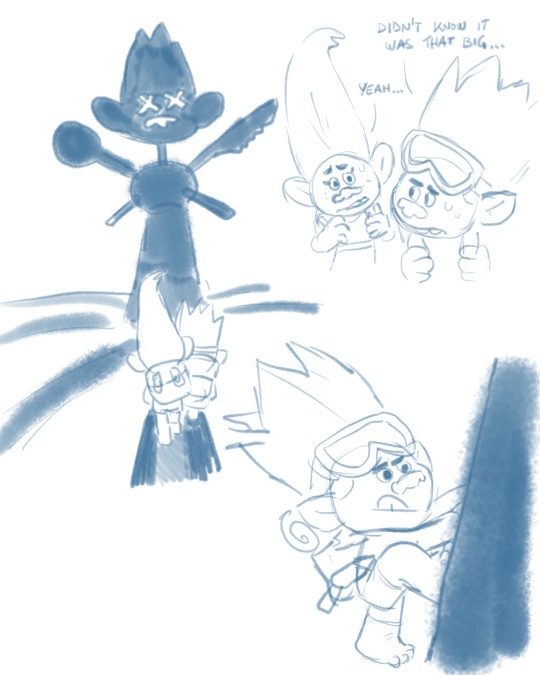




so many brainworms about life in the troll tree and jd's adventurous side...
#they were that active couple whose ideal dates are going on hiking trips and doing all sorts of sports like skiing and climbing#(which i hope to see myself a part of one day jdhbsdjhcbjdf)#trolls#dreamworks trolls#trolls 3#trolls band together#my art#trolls john dory#trolls oc#freesia#tulip#trolls floyd#trolls spruce#trolls clay#brozone#young brozone#i think jd was like the coolest big brother until. yknow...#also his hair ended up too bright in the illustration#and now i'm chewing on the thought of what if that was his original hair color when he was younger#but it then got darker after the parents died...#hmmmm...#it would still match the hair colors i picked for the parents...#*chews louder*
2K notes
·
View notes
Text
Idk yall the whole premise of wade believing so strongly that there was another logan out there that would help him because that's what HIS logan would do and also the "worst" logan at his lowest and still being willing to help when none of the rest would even hear him out and then finding someone to live for again is just so fucking fruity like
#I'm chewing on the bars of my enclosure#deadpool and wolverine#poolverine#please they're in love right I'm not tripping this time#There's so much subtext
560 notes
·
View notes
Text
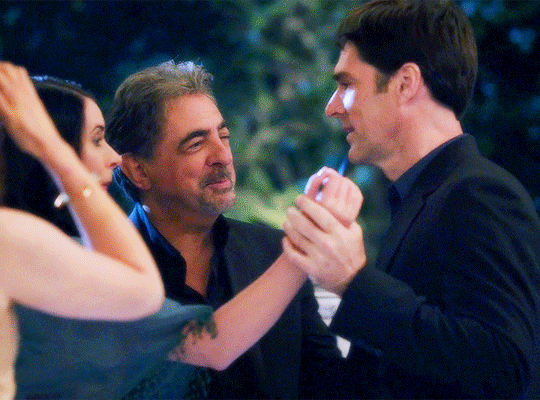
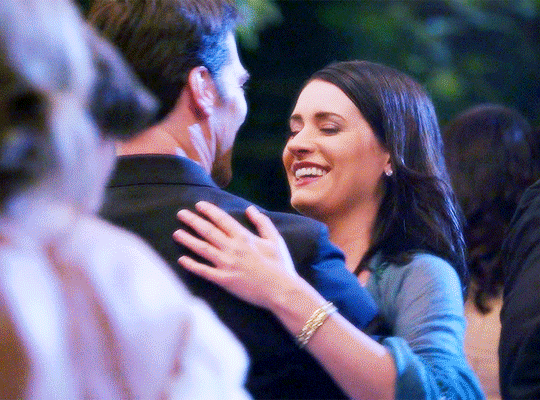
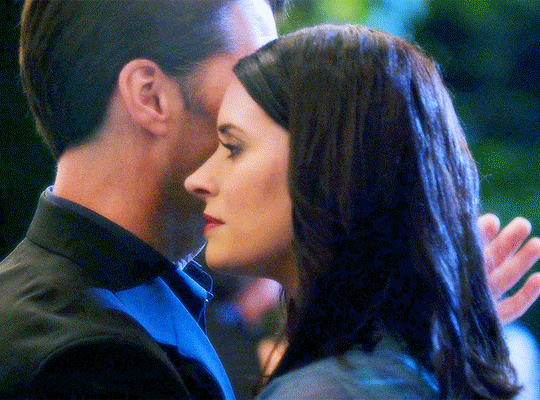

EMILY & HOTCH DANCING in 7.24 RUN
#criminal minds#criminalmindsedit#cmverseedit#cmverse#hotchnissedit#emily prentiss#emilyprentissedit#aaron hotchner#aaronhotchneredit#mine#edit#*#otp: you seem to do ok#otp#will i EVER be over this it's been literally 12 years (and a day damn i should have posted yesterday for the anniversary)#forever screaming into a pillow about her face before he makes her laugh and his face after#LIKEEEEEEE if those last two gifs don't just fucking SUM THEM UP#tentative and careful and honest but not open?? chewing glass brb#(off topic ish i'm obsessed with romantic glowing my gifs sorry that i am fully living in 2014 right now??? it just feels right)
821 notes
·
View notes